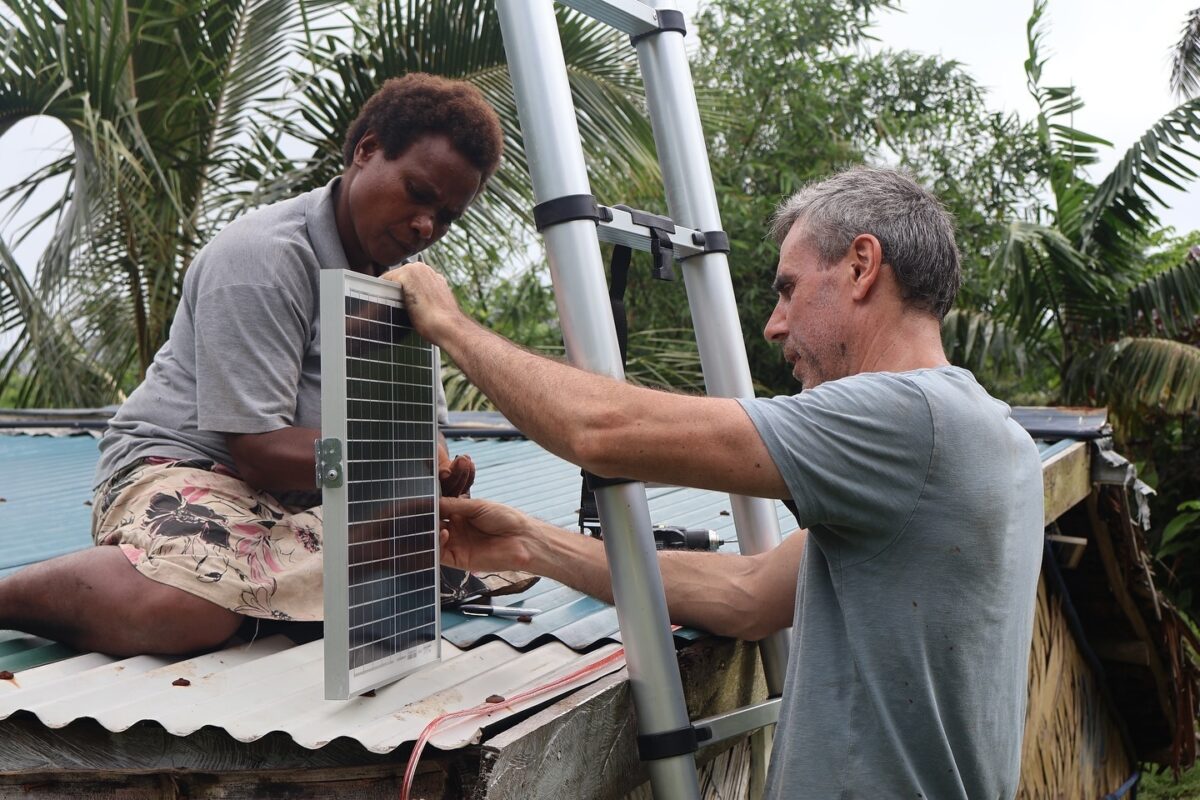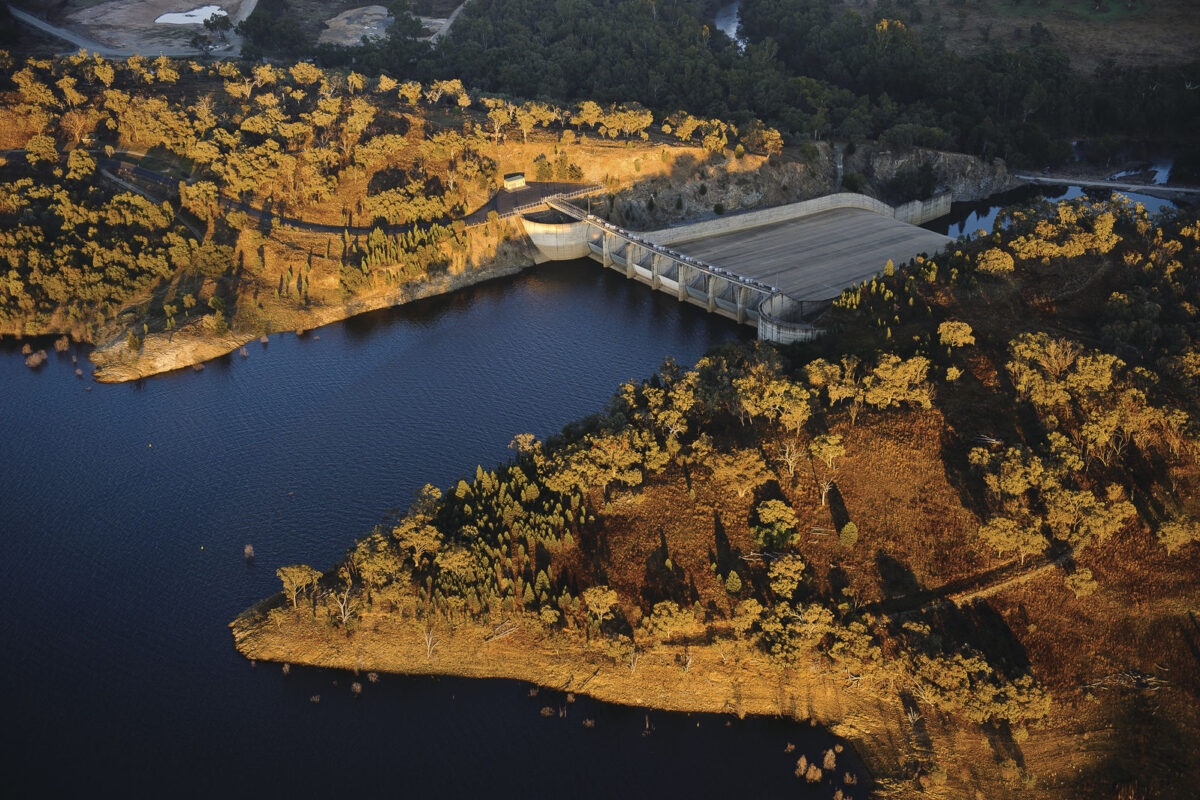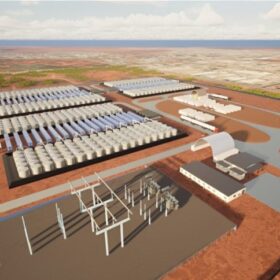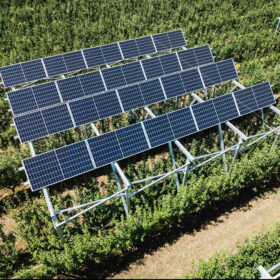This progress, however, has come at a cost: widening inequalities, entrenched fossil fuel dependencies and increasing climate vulnerability – which make achieving the Sustainable Development Goals (SDGs) and climate objectives challenging.
The gaps we must close
What will it truly take for the region to realize the energy transition and achieve SDG 7 – clean, affordable, reliable and modern energy for all – by 2030?
The new Regional Trends Report on Energy for Sustainable Development shows that universal access to electricity is within reach. Yet other dimensions of sustainable energy require urgent acceleration.
Clean cooking remains the most pressing challenge. Nearly one billion people in Asia and the Pacific still rely on traditional fuels, exposing households – especially women and children – to dangerous levels of indoor air pollution.
Renewable energy is growing, although the pace still falls short of what is needed to meet rising demand and lower emissions at the scale required. Per capita, Asia and the Pacific’s installed renewable energy capacity remains lower than in other parts of the world.
At the same time, energy efficiency continues to be underutilised, leaving untapped potential to reduce consumption, lower energy costs and reduce carbon emissions.
These challenges are compounded by emerging pressures. Securing access to and sustainably developing critical raw materials is essential for advancing energy transitions, while expanded regional power grid connectivity is crucial to improving energy security and keeping electricity affordable.
Rapidly growing sectors, such as data centres, also need to shift toward low-carbon pathways. Meeting these priorities will demand strategic planning, coordinated action and a strong commitment to fairness and equity.
*
Author: Armida Salsiah Alisjahbana, United Nations Under-Secretary-General and Executive Secretary of the Economic and Social Commission for Asia and the Pacific (ESCAP)
The views and opinions expressed in this article are the author’s own, and do not necessarily reflect those held by pv magazine.
This content is protected by copyright and may not be reused. If you want to cooperate with us and would like to reuse some of our content, please contact: editors@pv-magazine.com.








By submitting this form you agree to pv magazine using your data for the purposes of publishing your comment.
Your personal data will only be disclosed or otherwise transmitted to third parties for the purposes of spam filtering or if this is necessary for technical maintenance of the website. Any other transfer to third parties will not take place unless this is justified on the basis of applicable data protection regulations or if pv magazine is legally obliged to do so.
You may revoke this consent at any time with effect for the future, in which case your personal data will be deleted immediately. Otherwise, your data will be deleted if pv magazine has processed your request or the purpose of data storage is fulfilled.
Further information on data privacy can be found in our Data Protection Policy.